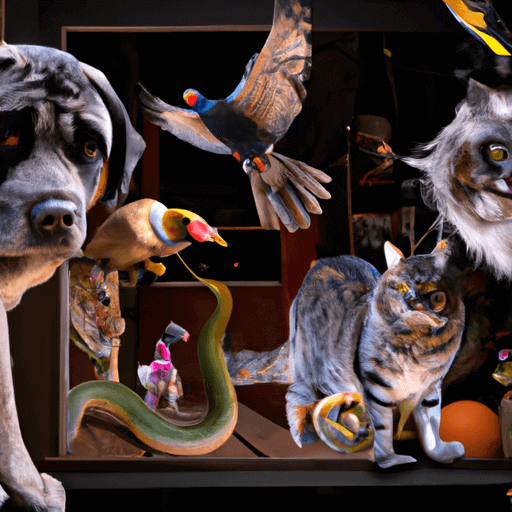331
Newsletter
Subscribe to our newsletter for exclusive content, latest news and trends, and exciting new features.
Tranding
Categories
Business and entrepreneurshipArts and cultureFood and cookingEnvironment and sustainabilityEntertainmentSports and fitnessScience and naturePets and animalsMusic and EntertainmentTravel and tourism
Literature and writingBeauty and personal careLifestyleGaming and esportsEducation and learningHealth and wellnessTechnologyHome and garden
















Comments
Leave a Comment